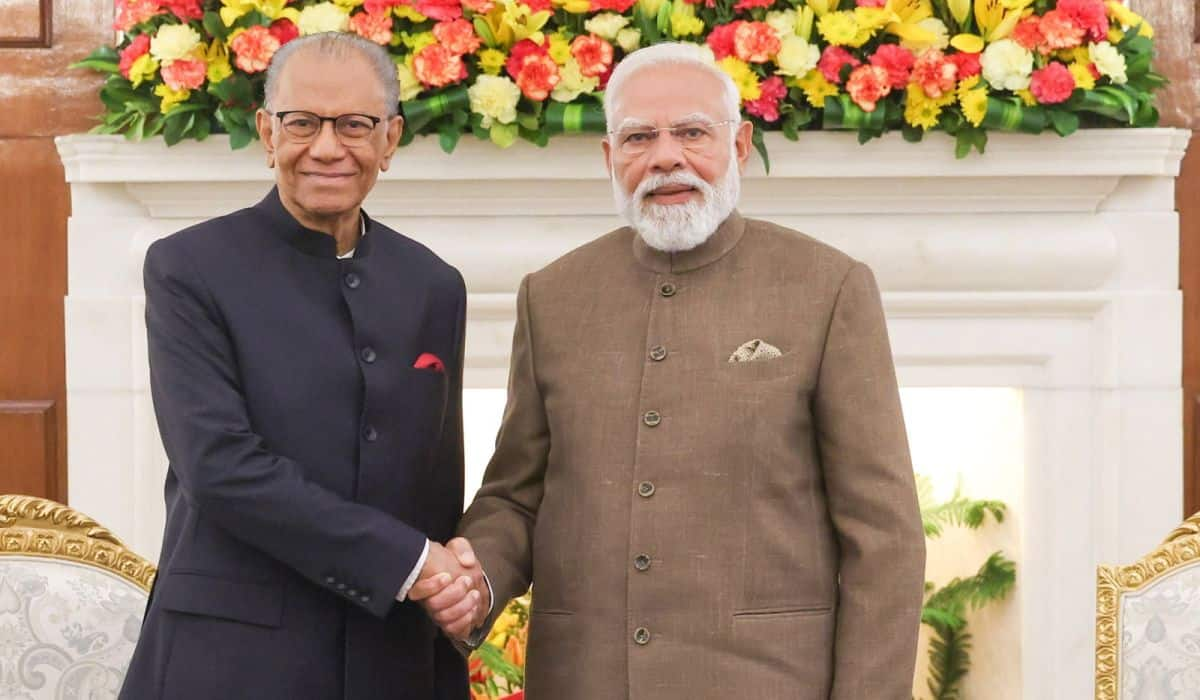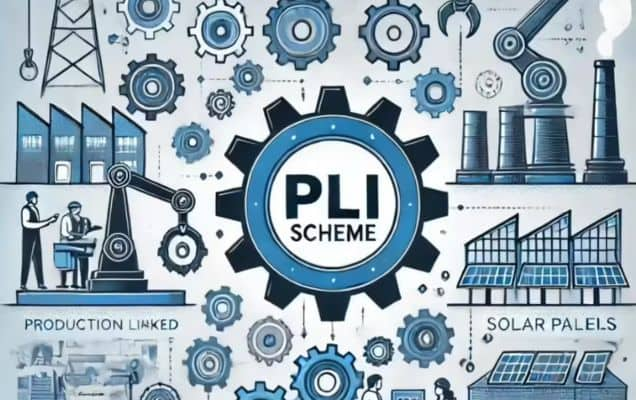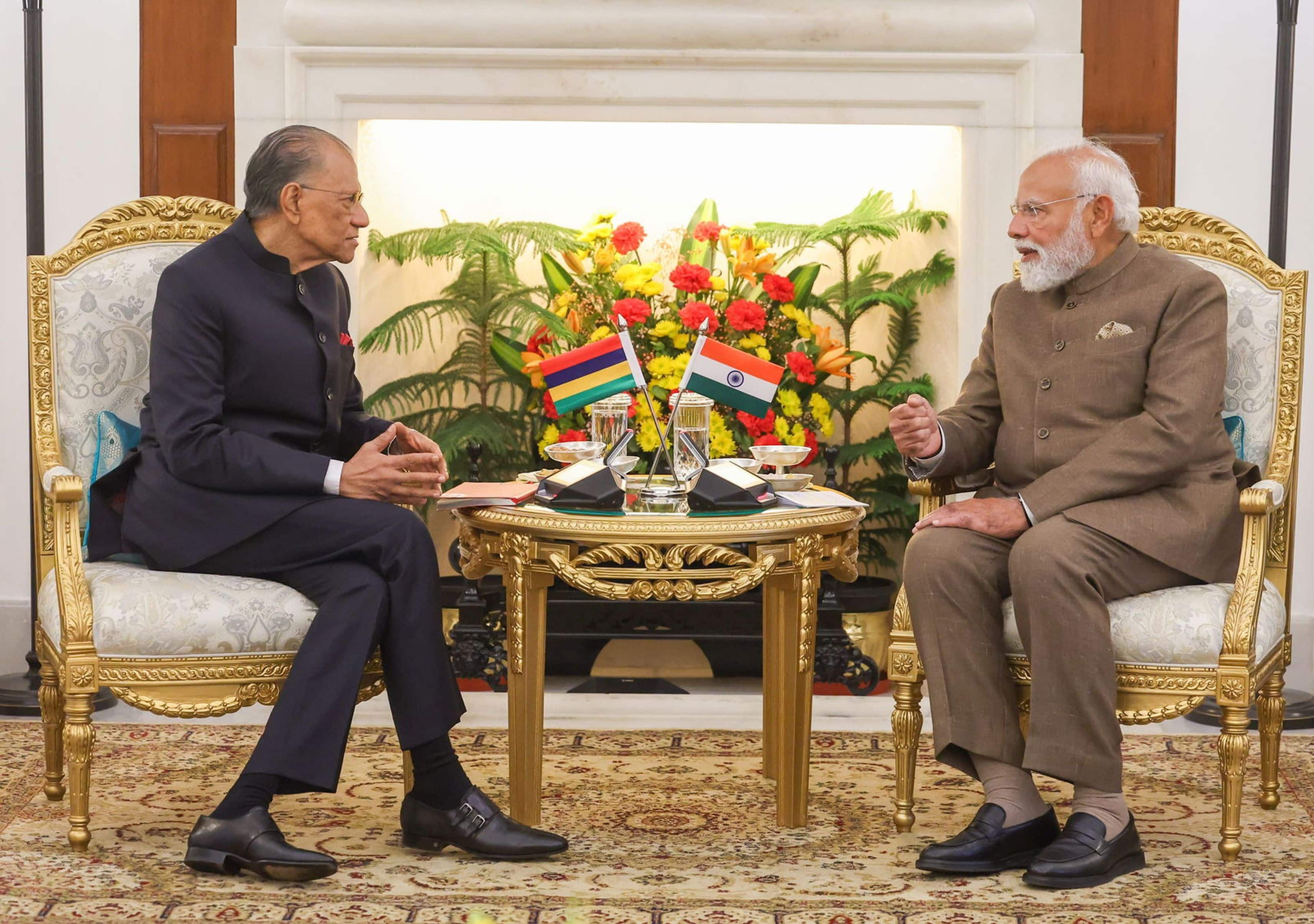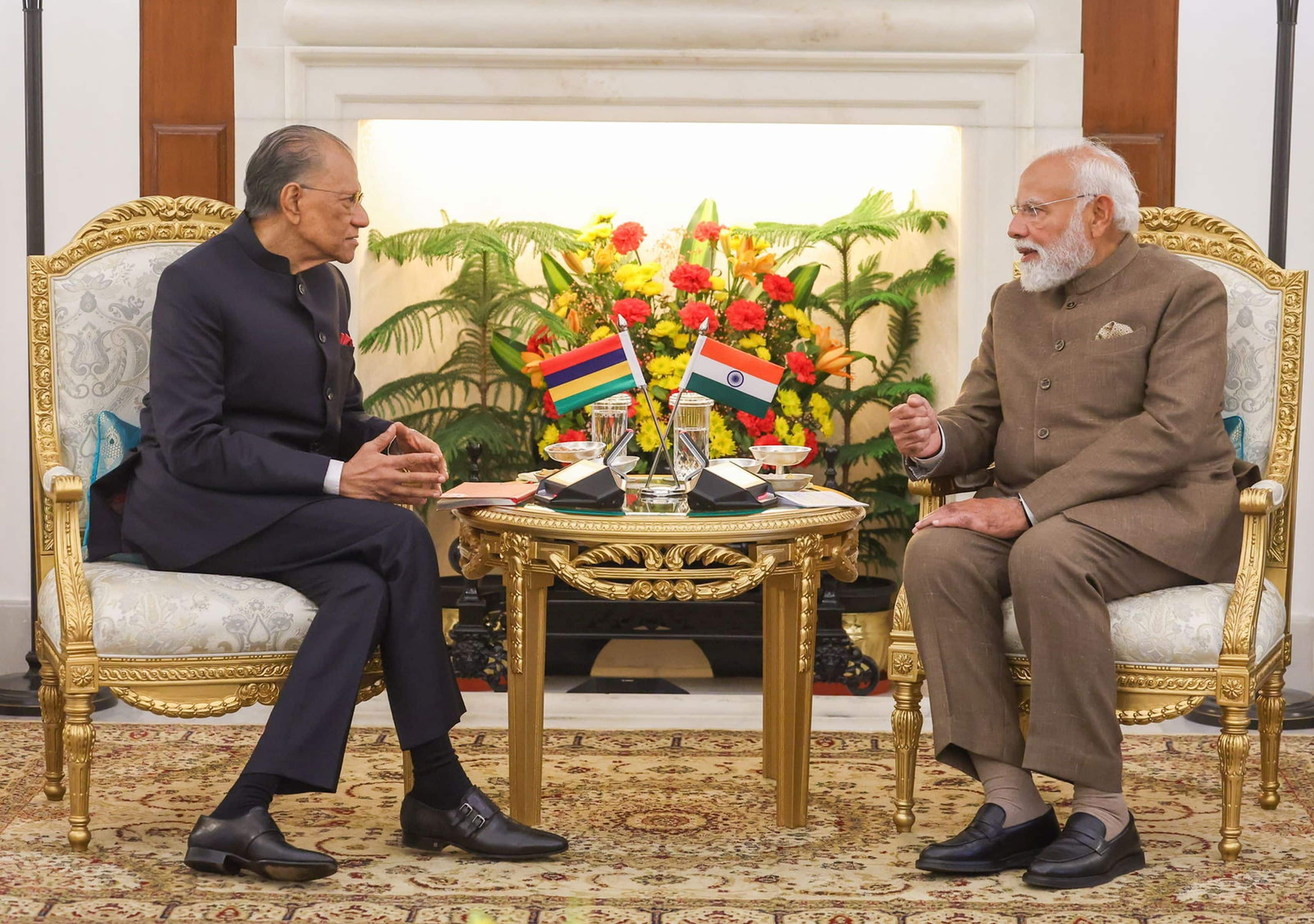Economy
India is a 2 trillion dollar economy today. Can we not dream of an India with a 20 trillion dollar economy?
You will see India as a country of opportunities, unmatched across the world. India can be a role model of growth and cohesiveness for the rest of the world.
The government must nurture an eco-system where the economy is primed for growth; and growth promotes all-rounddevelopment. Where development is employment-generating ; and employment is enabled by skills. Where skills are synced with production; and production is benchmarked to quality. Where quality meets global standards; and meeting global standards drives prosperity. Most importantly, this prosperity is for the welfare of all. That is my concept ofeconomic good governance and all round development.
Development
Development has to result in jobs. What we need is not just more production, but mass production and production by masses.
Development seems to have become the agenda only of government. It is seen as a scheme. That should not be the case.Development should be everyone`s agenda. It should be a people`s movement.
Economic development cannot take a nation forward on its own. We need a society and economy which complement each other. We need to take care of the poor, deprived and left behind sections of society.
The ultimate objective of subsidies should be to empower the poor, to break the cycle of poverty, and become foot-soldiers in our war on poverty.
We need to cut subsidy leakages, not subsidies themselves.
Governance
सरकारी तंत्र की दो समस्याएं हैं - वे जटिल भी हैं और शिथिल भी। Government systems suffer from two weaknesses. They arecomplex. And they are slow. We need to change this. Our systems need to be made sharp, effective, fast and flexible. This requires simplification of processes and having trust in citizens. This needs a Policy Driven State.
What is Maximum Governance, Minimum Government? It means government has no business to be in business.
First, we need to focus government on the things that are required of the State. Second, we need to achieve competence in government so that the State delivers on the things it sets out to do.
Reforms
Reforms are not an end in itself. Reforms must have a concrete objective.
Small acts can drive reforms. What appears minor can actually be vital and fundamental. Generating 20,000 MW of power attracts a lot of attention. That is important. At the same time, 20,000 MW of power can be saved through a people’s movement for energy efficiency. The second is more difficult but is as important as the first. Small indeed, is beautiful.
A major institutional reform is the move away from merely planning, to transforming India. The setting up of NITI Aayog, is a step in this direction.
Laws are the DNA of government. They must evolve with time.
Finance
We are committed to achieving the fiscal deficit target announced in the budget.
We are today a nearly 100% banked country.
Financial unity - bringing everyone into the financial system - is one cause which both capitalists and socialists agree on. What, my friends, can be a bigger reform?
The consensus we arrived with States for amending the Constitution to implement GST is a major breakthrough. This alone has the potential to make India competitive and attractive for investment.
Today, India’s cooking gas subsidy is the world’s largest Cash Transfer Programme.
I recently assured Public Sector Banks they will have total autonomy in taking business decisions.
Sectoral
The mantra of independence was Satyagraha. And the warriors were Satyagrahis. The mantra of New Age India must be Swachhagrah. And the warriors will be Swachhagrahis.
People must understand the Clean Ganga program, as an economic activity also. The Gangetic plains account for 40% of our population. They have over one hundred towns, and thousands of villages.
I intend to launch a massive National Program for PDS Computerisation.
Railway stations can become growth points for the nearby villages.
We will link farmers to global markets. We will give the world the Taste of India.
















